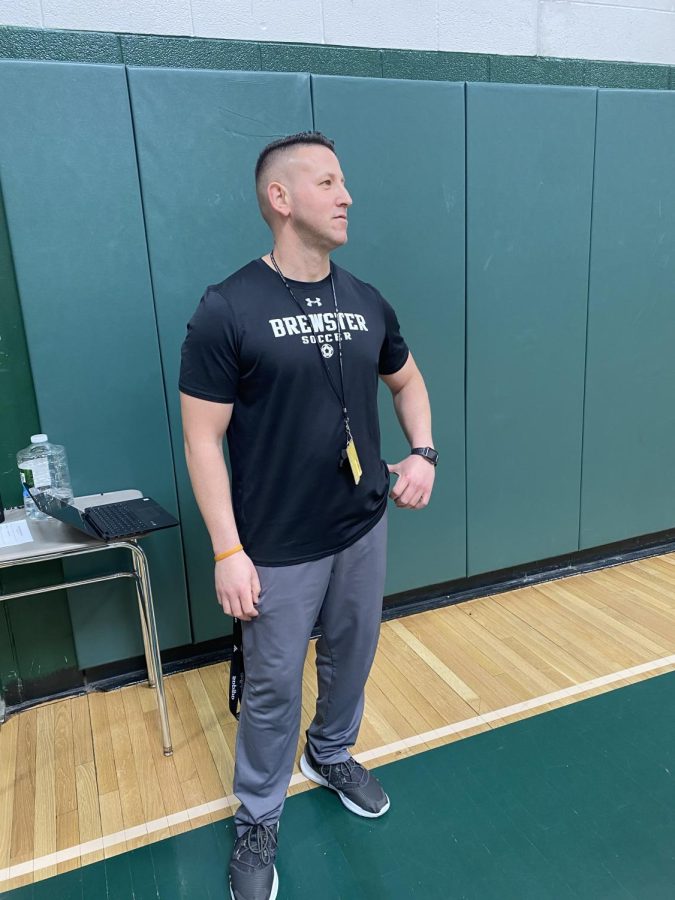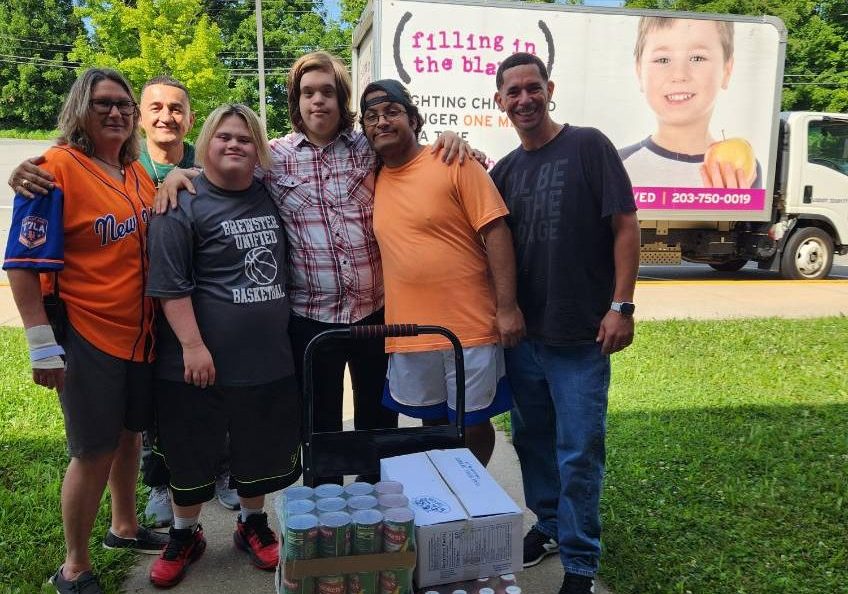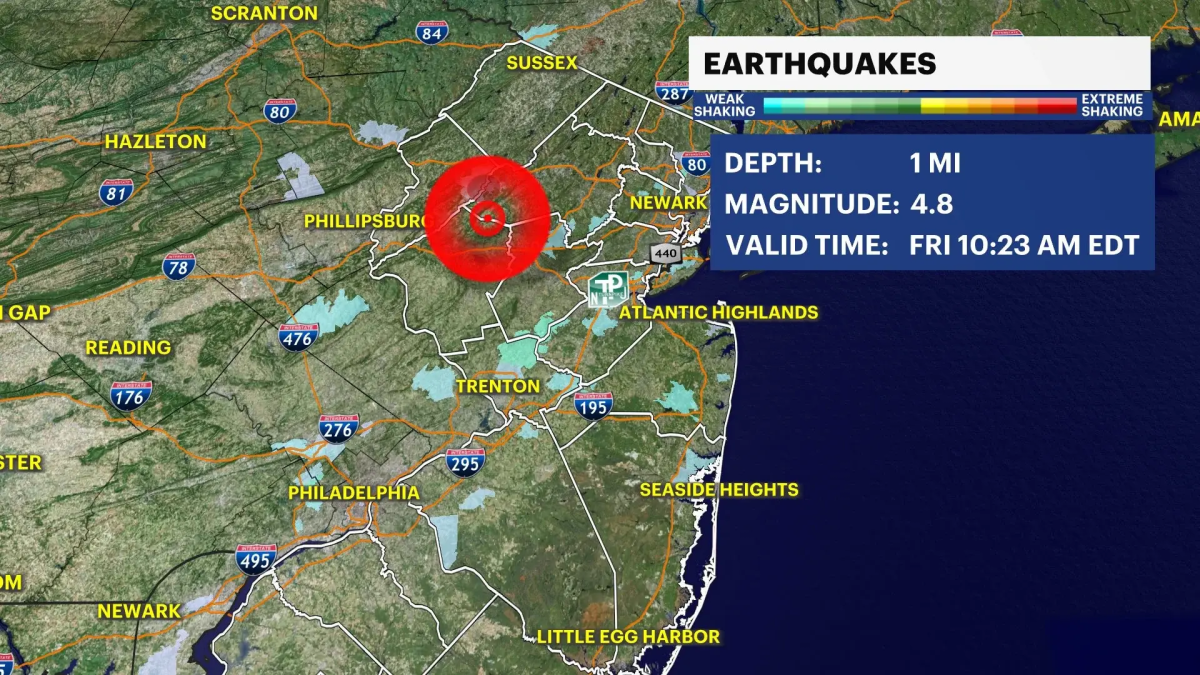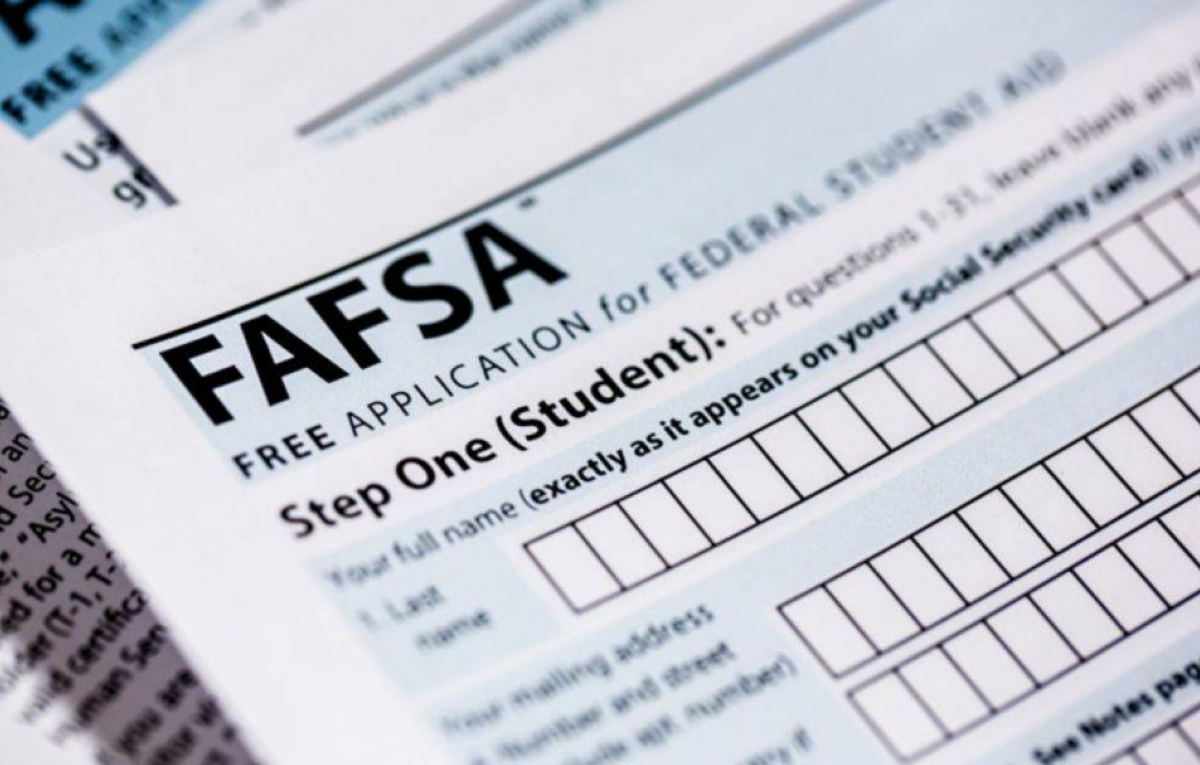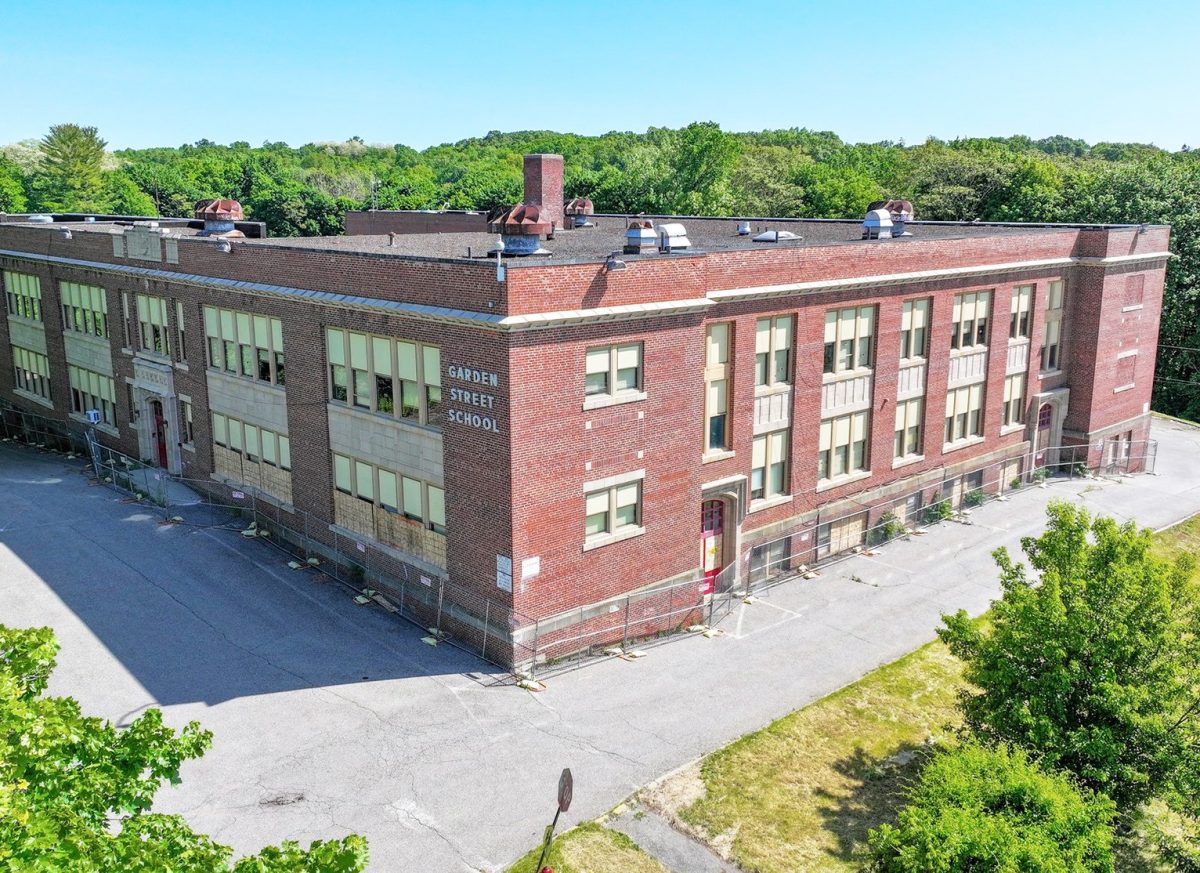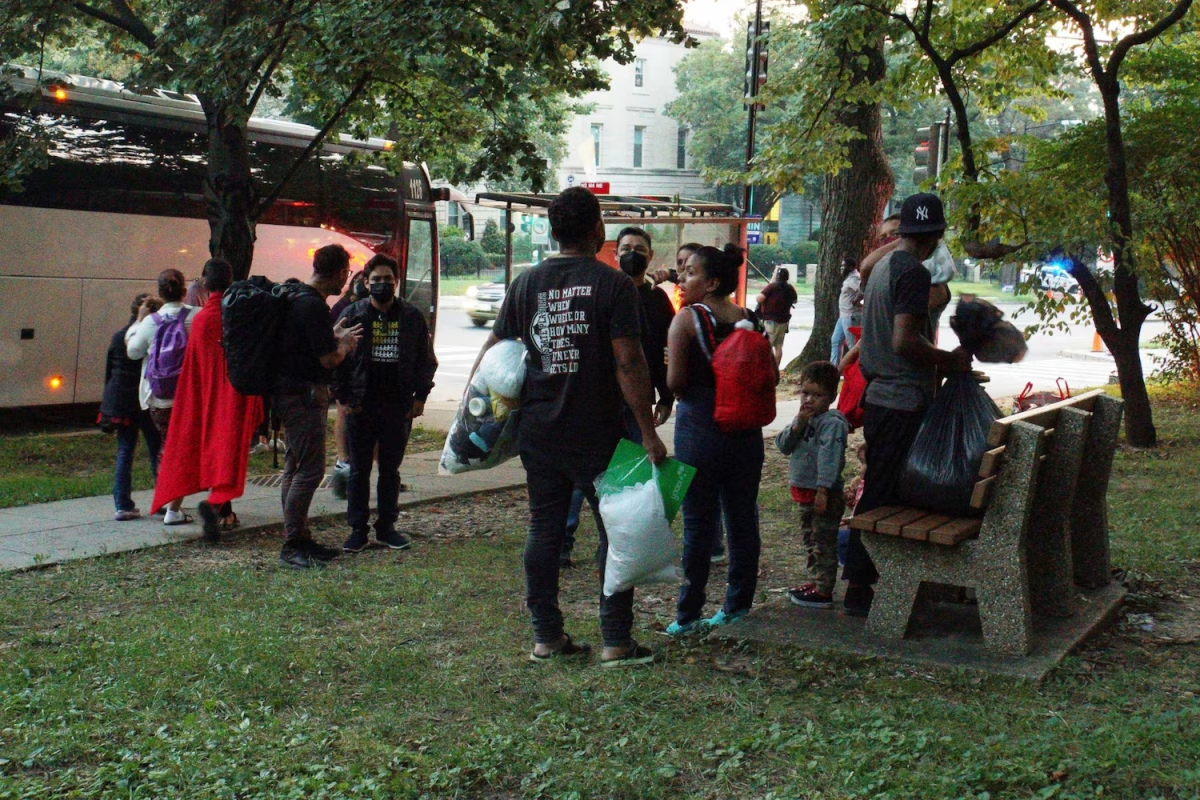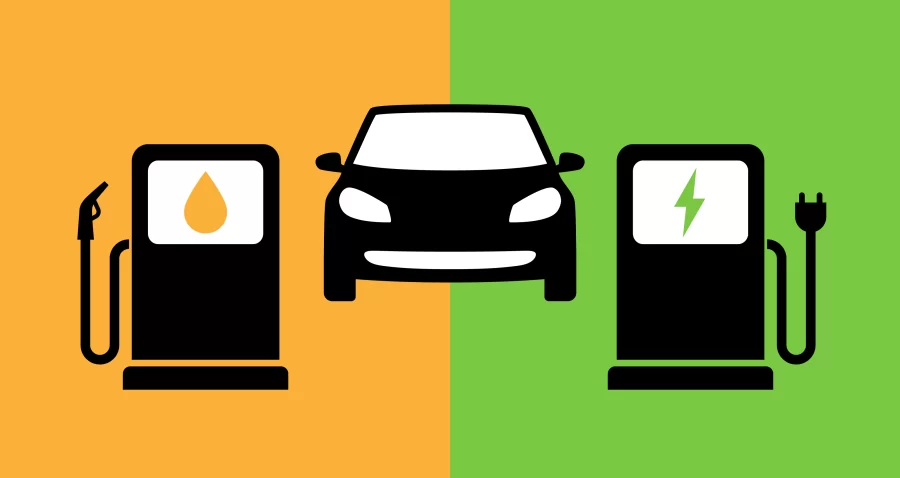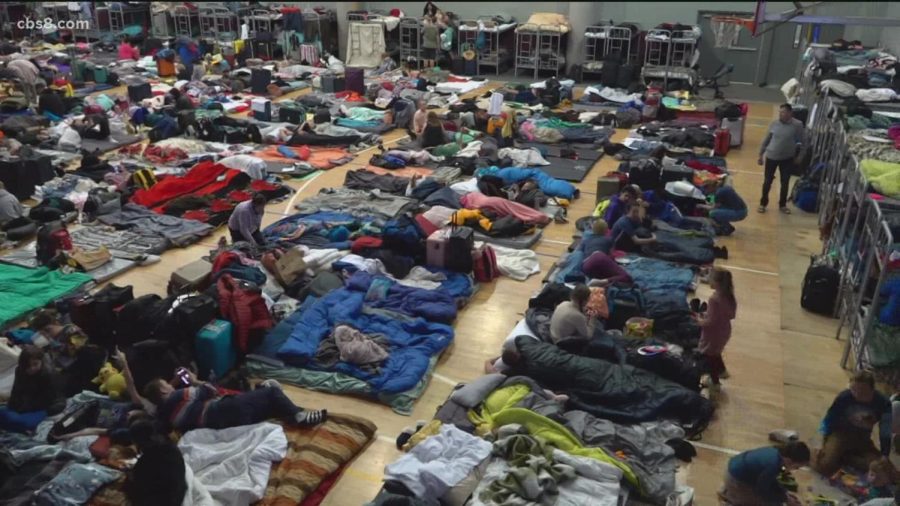Point/Counterpoint: Should We Open Our Borders to Refugees?
May 6, 2022
NO: Over the past two years the economic state of the entire world has changed dramatically as it’s been forced to handle a pandemic. COVID has both directly and indirectly caused economic problems around the world including a short supply chain and over abundance of unfilled jobs. These issues have weakened the United States economy and prove to be a great challenge to remedy for any current or future politician — opening borders to asylum seekers may have some negative repercussions for our economy.
The U.S. continues to march towards its carrying capacity each year. Cities around the U.S., most notably San Francisco, Los Angeles, and New York, have a growing homeless population as social and economic factors created a housing shortage. Urban centers continue to be the center for industry in the United States. Urban environments often house a lot of jobs and opportunities for individuals — and more often than not the home of immigrants. Take for example migrations to the U.S. in the past. During the late 19th and early 20th century over 4.5 million Irish immigrated to the US and a majority of them went to Boston or New York City. With a current housing shortage, it begs the question whether or not the U.S. is capable of handling an influx of asylum seekers. What housing is available is too expensive for the majority of people and asylum seekers with no established presence in the U.S. will find it that much more difficult to find housing.
Accepting the correct number of asylum seekers also seems to be an impossible task. In an economically unstable state due to COVID-19, the margin of error for accepting the correct number of asylum seekers is small. If too many are taken, the U.S. needs to support these individuals financially and in terms of healthcare which it has struggled to do for current residents over the past 2 years. It is also possible that the skill sets asylum seekers bring to the U.S. may not be fulfilling to the jobs currently available. Again in this case the United States needs to find a way to support thousands of asylum seekers and other residents.
The decision to accept asylum seekers is not an easy one. It is a balancing act between moral obligation and a country’s stability. At this point in time given the current economic status of the United States, accepting asylum seekers could be a dangerous move. It may threaten to derail our economy even more and continue to allocate resources we simply do not have at the moment.
YES: 1,232 citizens dead in the span of approximately 3 months because of a war Ukraine wanted no part in. High poverty rates and governments turning their backs on their people in favor of money; survival could mean anything from pushing drugs to joining a gang in hopes that you won’t lose the lottery that is life, if you can even call it that. What are South Americans to do when those put in place to protect them choose to harm them instead?
I know what you’re thinking; the struggles of asylum seekers do not outweigh our own, and for some, you might be thinking we’ve done enough. What about our unemployment rates? The truth is the situation isn’t the same as it was before. Unemployment rates as of March 2022 were at 3.6%, compared to the 14.7% rate we were looking at in April of 2020 during the height of the pandemic. Not only that, but asylum seekers generally are forced to take up entry-level jobs upon arrival due to language barriers and a need to find their footing upon arrival in a new country.
What of our economy? It’s obvious that prices aren’t the same as they used to be, and I’m sure we’ve all noticed rising prices on things we originally paid less for. But I ask you this question; do our discomforts outweigh what is morally right? Is it okay for us to deny people the safety of fleeing a war-torn country, to offer people the chance at life because we don’t want to spend more money on commodities?
It’s true that granting people asylum puts a strain on us, but to think of these people as a burden is to think of them as less than us. No asylum seeker comes to a country with the thought of laying around and doing nothing; they come wanting a life. The difficulty that comes with having to uproot your life, to leave everything you’ve ever known with nothing guaranteed for you on the other side isn’t one made with ease. We need to consider this when we discuss asylum seekers; we need to humanize them. They are people like us, people who need support to recover from the traumas they’ve witnessed and learn to live again. In fact, we haven’t even been offering as much support as you might think.
Asylum grant rates took a heavy hit during the pandemic; under Biden’s administration, grants have seen an improvement, but they’re still fairly low with successful asylum seekers at a rate of 37%. Not only that, but during 2021, 23,827 asylum decisions were made, and with the conflict in Ukraine seeming to increase by the day, it’s not bizarre to think that we will have a larger influx of refugees coming to us for support.
I don’t want to undermine anyone’s struggles, and I know the U.S. isn’t perfect, but that’s why this is so crucial. Allowing ourselves to live in isolation is only enabling us to blame someone else for our struggles instead of confronting our issues head on.
In times of struggle is where our humanity shines the brightest. To close our borders is to willingly deny someone the right to live; to take away their chance, the chance we were lucky enough to be born with. The U.S. is built on the idea of immigrants; on the idea of people in struggle coming together, and our diversity is what makes us whole. It’s this constant idea of division, of ‘them against us’ that disallow us from improvement.
Reconsider where you stand; consider where we’ve come from. Consider the future ahead of us. These problems are bigger than us, and we need to think outside of ourselves to solve them.




























































































































